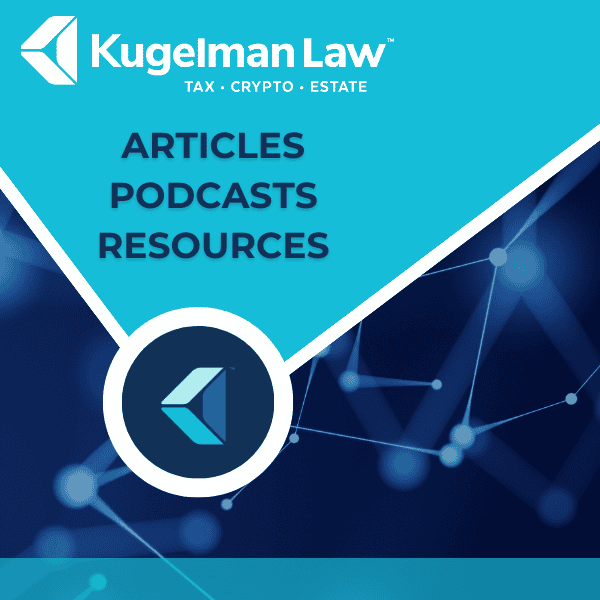Home | Our Resources | IRS Letter 6174-A, Questions Every Recipient Should be Asking
Did you recently receive Letter 6174-A from the IRS?
If you are a crypto holder who has received IRS Letter 6174-A, then this is what you should about it and the questions you should be asking.

Is this the IRS acting on Coinbase summons information?
It is a reasonable assumption, but the notice does not explicitly state that. The notice indicates that the IRS “has information”, which could be from Coinbase or other sources.
Because Coinbase challenged the summons in US District Court, the summons itself became public. By doing so, Coinbase gave its account holders some notice.
Further, Coinbase contacted its affected account holder directly. It is important to appreciate that IRS could have summonsed information from other third parties – including US exchanges – that complied with the summons.
Is this an IRS Audit notice?
Interestingly, it is not. Rather, this is the IRS indicating that it has information relative a specific taxpayer. An audit notice would identify a tax year and tax form.
This appears to be the IRS inviting taxpayers to report these items without devoting resources involved in a tax audit. However, it is entirely possible that the IRS will audit taxpayers in the future.
What should I do if I already reported gains and losses from cryptocurrency?
The notice is directing taxpayers to file amended returns, if needed. Likely, the IRS has data showing trading activity but not complete information demonstrating net taxable income.
If you are confident that you fully reported your transactions, then the best advise is to preserve your records and wait. The IRS may still audit your tax return, which means you will need your cryptocurrency accounting, exchange ledgers, bank statements and any other information supporting the information reported on your return.
What if I did not report anything because I owed no tax or lost money?
A taxpayer should amend the return to reflect all trades.
A cryptocurrency sale or trade is treated as a capital loss or gain (think a sale of stock). A taxpayer is required to report the sale or trade even if it is a loss.
To do so, a taxpayer must report the basis and date purchased. The IRS will assume a zero basis and calculate a short term capital gain. A taxpayer that did not report trades will objectively appear as unreported gains.
What if I did not report anything because I made like-kind exchanges?
You have not reported anything and must take action.
First, each like-kind exchange must be timely reported on Form 8824. For those that did not identify transactions with a timely filed return, IRS is very likely to reject for procedural reasons.
Second, the IRS is likely to conclude that cryptocurrency trades do not qualify for like-kind treatment under Sec. 1031.
What if I timely reported like-kind transactions on my tax return and Form 8824?
You are in pretty good position. While the IRS may challenge that tax treatment, you timely disclosed the transactions. The IRS may never challenge it because it is many years ago. Or the IRS may focus on other taxpayers that did not report their transactions.
In any event, you would be well served in preserving all relevant records, including trading ledgers, cryptocurrency accounting and tax returns.
Will I avoid criminal prosecution if I amend my returns now?
It is not guaranteed but it generally would reduce criminal exposure. The IRS has now put you on notice that you should be reporting cryptocurrency gains. Failure to take action now would remove argument that unreported income resulted from misunderstanding or negligence.
It is possible that the IRS could still criminally investigate information on an amended return, that is the exception. The IRS has limited resources – both for audits and criminal investigations.
A taxpayer that amends returns is more likely than not to reduce odds of audit or criminal investigation.
For more information visit our other posts on the subject, IRS Launches Cryptocurrency Enforcement Campaign Likely Targeting Coinbase Account Holders and IRS: Altcoin Trading is Taxable Event.
We Can Help with Your Cryptocurrency Tax Compliance
Kugelman Law is a tax law firm experienced with cryptocurrency tax reporting. We have helped thousands of taxpayers account and report cryptocurrency gains.
Our crypto tax professionals are experienced with recreating missing trading data and dealing with high volume and complex trading activity.
Let our team of experienced attorney and tax professionals to bring you into compliance, defend you in your crypto audit, or represent you in a criminal investigation. Contact us today!
